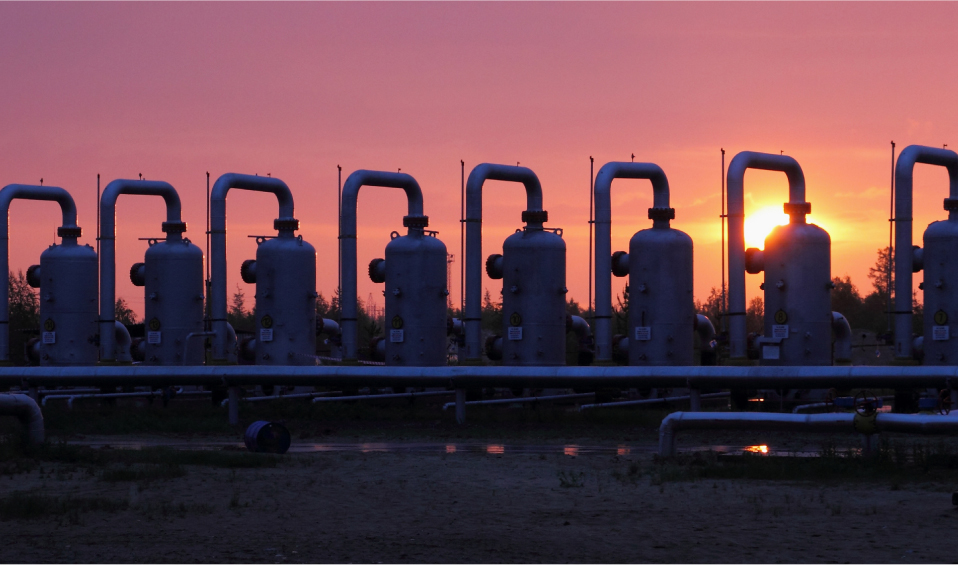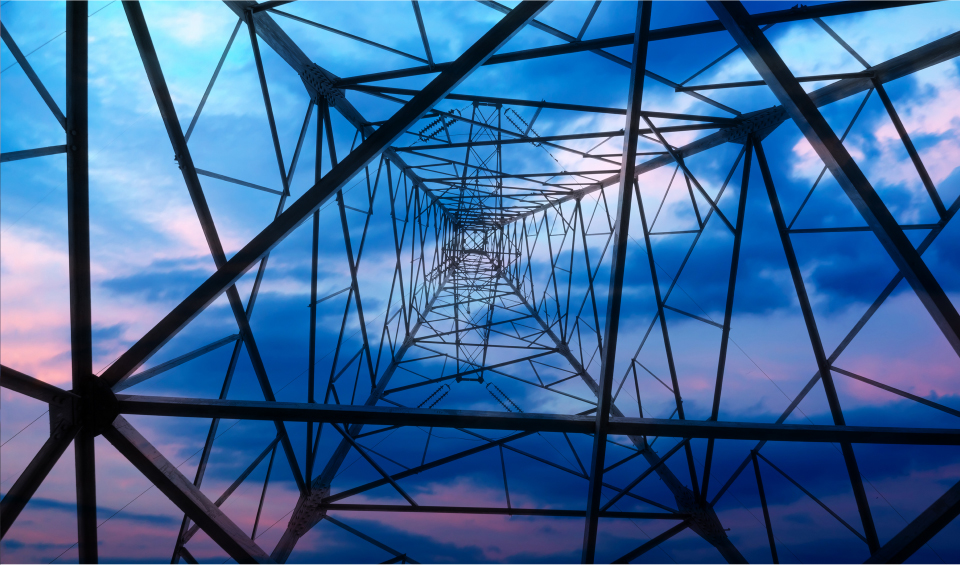
Thanks to ESCP Business School's Energy Management Centre wide network in the academic and business communities, our views on energy news give you comprehensive insight into energy issues.
Please join us...
The civil war in Syria, complicated by interventions of major regional and global players, became a turning point in the geopolitical narrative of the whole Middle East.
After the catastrophic failure of two projects, the Big Middle East and the Arab Spring, a new stage of the regional grand game unrolls. The originally assigned roles of all the involved parties are now being upturned, the preconceived goals inverted, and the actual stakes (and costs) reconsidered.
Election results, resembling an earthquake, with the moderates making a strong gain at the expense of their arch-rivals, the hardliners, have shaken up Iran for the second time in its post- Shah status of an Islamic state. The astoundingly big win for reformers and independents marks a watershed in the on-going tug-of-war between the two wings of the political class. Soft-speaking, smiling, spectacled, with a convincing image of an intellectual, Iranian President Hassan Rouhani has essentially secured a vote of confidence for his long-term pragmatic policies.
In a landmark warning, coming just a couple of days after the vote, former President Akbar Hashemi Rafsanjani, classified in the West as “moderate” reform-minded politician, punched the air with a strong-worded message: “No one is able to resist against the will of the majority of the people and whoever the people don't want has to step aside.” Will any hard-liner voluntarily “step aside” or back off ?
It is no big secret that Greece has all the prerequisites to assume the role of a regional energy hub, predominantly in respect of pipeline gas and LNG, and act as a gateway to South East Europe.
This relatively immodest ambition received thumbs up from the visiting Vice-President Maroš Šefčovič in charge of energy issues in the EU. His upbeat statements made in Athens could not but please and embolden, and the skies of tomorrow would look uncloudy were it not for the arguments in support of such a bright future.
Watching with carefully hidden uneasiness the controversial mid-term result of depressed global oil prices, that the Kingdom of Saudi Arabia has heavy-handedly imposed on OPEC, leaders of the desert monarchy have proclaimed an unrivalled ambitious plan, named Vision 2030, to reform itself from within, restructure oil-dependent economy and emerge as a beacon of the ‘brave new Arab world’ (whatever it might mean in this case) in a matter of just 15 years.
The brains or at least the driving force of the reformist wing under the roof of the House of Saud is indisputably Deputy Crown Prince Mohammed bin Salman. The Prince promised “urbi et orbi”, in other words to King Salman’s loyal subjects and the outer world that by 2020 Saudi Arabia will no longer be hostage to the volatility on the oil markets because oil production will be dethroned from its present dominant position as the main revenues-generator and, as such, the bread-earner for the local elites and wider population.
That is the question put to Italians on April 17. They were invited to a referendum to decide what to do with the 92 offshore drilling platforms, which are producing hydrocarbons in the country’s territorial water. Most platforms belong to the national energy major, Eni.
The story is a typically Italian one, where the core problem doesn’t matter much but the buzz is around the attached topics.
The Chinese project of putting together the Economic Belt of the Silk Road (EBSR) is one of the biggest geopolitical challenges of modern times. The ambitious idea is to create a network of guaranteed transportation corridors between China and Europe, engulfing transit regions into a unique macro-economic system.
China views it as a means to capitalize on its financial, industrial and human potential. Countries and regional associations along the way of the Silk Road have a stake in harmonizing their differences and achieve a synergic effect through pooling their resources. On the contrary, the United States perceive the Silk Road idea as a big challenge, since the planned trade transit corridors, especially on-shore, will be out of American reach and control.
The militant group Niger Delta Avengers once again took the arms and destroyed several oil wells and installations located in South of Nigeria, region populated by a large Christian community.
There is a grim feeling ofdéjà vutaking us back to 2006-2009 when rebels of this region inhabited by some 20 million people revolted against the federal government demanding at least some control over local natural resources.
The proof that Iran honours its commitment to create a favourable investment climate and lure back foreign capital lies in the signing of confidentiality agreements with brand named International Oil Companies (IOCs) that happened at the end of August.
The multinational assortment of energy majors included the leader in the current re-discovery of post-sanctions Iran, French giant Total, followed by Austria’s OMV, Germany’s Wintershall, Russia’s Lukoil and Zarubezhneft, and Indonesia’s Pertamina.
The African continent is not considered to be the main source of oil for the global market. However, it is playing a more significant role as provider of the still principal energy resource. It sets the stage for accelerated development as well as for wars and political destabilization.
Africa is home to only 7.6% of the world oil resources and it accounts for 9.3% of the world oil production. From 2010 onward, one third of all new oil fields discoveries were made on this continent.
The incomprehensible relative political stability in Algeria is largely attributed to the psychological trauma suffered by the people during the so-called Black Decade, the civil war that raged between 1991 and 2002 with Islamist fundamentalists challenging the regime.
Today, the aging and basically unhealthy 79-year-old president Abdelaziz Bouteflika who heads the National Liberation Front (FLN) is offering a semblance of 'stability and continuity' (the ultimate and most appealing of the FLN slogans) and thus capitalizes on the rejection of violence by 40 million people of the weary nation.
In spite of all the polls assuring of a clean win for Hillary Clinton, the latent anti-establishment revolt of the “America first” electorate has propelled a non-interventionist and, in this sense, a “nationalist” (as opposed to globalists) to the top job in the last world’s superpower. It is hard to dismiss outright the comment from non-mainstream but gaining momentum political groups that the result of the 2016 US elections is “a triumph of the people over a failed political establishment” and that America will never be the same again.
However, the last assumption could be effectively challenged. It is not over yet. There are deep divisions within the political class and corporate community with Wall Street bankers still clinging to their guns and the neocons in both parties ready to continue sacrificing the United States for the sake of a globalist vision.




527 Finchley Road
London NW3 7BG
United Kingdom
Tel: +44 (0)20 7443 8800
Fax: +44 (0)20 7443 8845
E-mail: [email protected]










